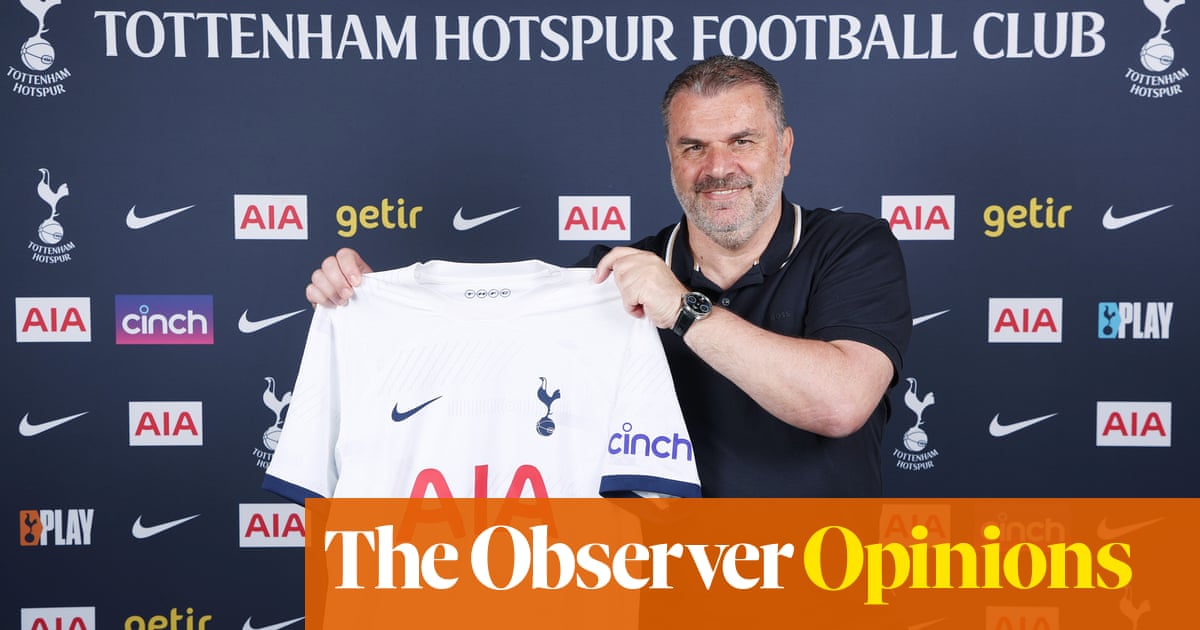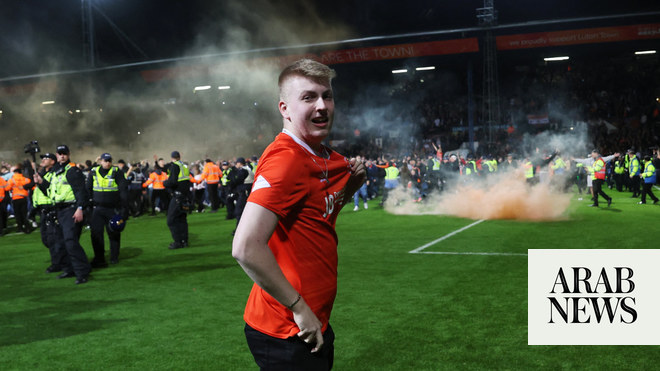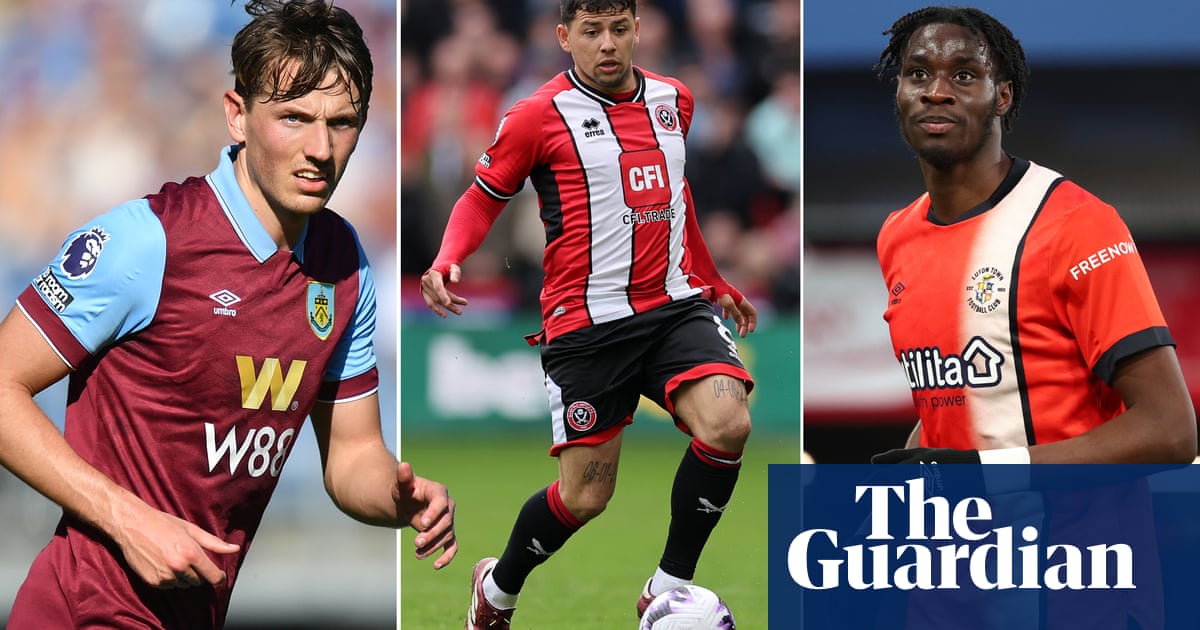
One night in May 2009, Frank Farina, the coach of Brisbane Roar, sat down to play board games with his family. He worked his way through a bottle of chardonnay and then had a couple of glasses of red. When he got in his car the next morning, he was still over the limit. As a consequence, 14 years later Ange Postecoglou was appointed manager of Tottenham.
It was Farina’s second drink-driving offence in under three years. The Roar sacked him and, in their scramble for a replacement, turned to Postecoglou.
Although he had success in Australia with South Melbourne, Postecoglou had drifted out of top-level coaching after a row with the television pundit Craig Foster while coach of the national under-20s that he feared had made him in effect “unemployable”. He had quit Panachaiki in the Greek third division after a dispute with the club owners and had been coaching the Melbourne semi-pro side Whittlesea Zebras while working as a TV pundit.
But since then his career has been a catalogue of success: back-to-back national championships and a Premiership with the Roar, the Asian Cup with Australia in 2015, the J League with Yokohama F. Marinos in 2019, five out of six available domestic trophies with Celtic.
After each appointment there were doubts from fans of his new club: he was working with semi-pros; he had only coached in Australia; he had never worked in Europe. At each he succeeded. The same questions have been raised again at Spurs. What does this Australian know? What do titles in Scotland prove?
And to an extent the scepticism is reasonable enough. This is a coach entering a new environment in which he will work with higher-profile players and face higher-level opponents on a more regular basis than in his previous jobs.
Nobody can be certain how he will fare. But so stratified is modern football that would be true of any coach coming to the Premier League, whether he arrives from Scotland, Germany or the Championship.
All managerial decisions are gambles. All a club can do is see if the manager seems a fit, both in terms of past record and personality. Unlike Antonio Conte or José Mourinho, this is the most prominent job Postecoglou has had; there is no sense he feels he is doing the club a favour by being there.
That is no small thing. When things began to go wrong, some previous managers could shrug and blame the inevitable Spursiness of Spurs, knowing their reputations would survive failure at a club notorious for underperformance. Postecoglou cannot: this may be his one shot at the Premier League.
He is used to bringing success to sides who are unfamiliar with it. Brisbane Roar had never won the championship. Marinos had gone 15 years without a J League title. Celtic had just surrendered the Scottish Premiership title to Rangers.
Nor will it faze him that Spurs had been strongly linked with Luis Enrique, Julian Nagelsmann and Arne Slot, and notionally with about a dozen others: he arrived at Celtic after a lengthy and public pursuit of Eddie Howe.
This was less shambolic than the initial pursuit of Conte that led to Nuno Espírito Santo’s appointment and has at least been completed at the beginning of the close season, but it is hardly a sign of an efficiently run machine to lose a sporting director early in the hunt having apparently failed to anticipate the seriousness of the case against Juventus.
Postecoglou has a history of ruthlessness and that will be very necessary at Spurs; this is, after all, a dressing room that, whether deliberately or indirectly, has got rid of Mauricio Pochettino, Mourinho, Nuno and Conte in the past four years.
That’s modern football: players always have the power; as Conte pointed out in his rant at Southampton, coaches are always the ones to pay the price and at Tottenham they pay it often.
But even if the Spurs dressing room is not rotten, even if specific explanations can be found for the departures of the past four managers, there must be a question of whether Postecoglou’s motivational abilities, which everybody who has played for him in Australia, Japan and Scotland has praised, will be so effective with the very highest level of player.
Is there an in-built competence among the elite that leads to cynicism? Postecoglou is a more forceful personality but the example of Graham Potter offers reason for caution: he was a coach praised for his emotional intelligence who, in admittedly ludicrous circumstances, proved unable to inspire Chelsea.
Frankly, whoever the coach is, there is a lot of work to be done at Spurs. Where do you begin with this squad? Most obviously, Postecoglou prefers a 4-3-3 and has almost never used a back three while this is a squad built for Conte and his 3-4-2-1.
Harry Kane aside, are there any players Tottenham would be devastated to lose? Rodrigo Bentancur, perhaps, if only because he missed the debilitating final weeks of the season through injury. Or Son Heung-min, if only because he enjoys enough goodwill for fans to hope last season was a blip rather than evidence of decline.
The advantage for Postecoglou is that the sense of desolation is so great that he effectively has a clean slate. He can mould the squad as he wants. There are no vested interests to satisfy.
The two obvious obstacles are the familiar issue of Daniel Levy and how much money will actually be available for signings, and Kane and whether he will stay.
Plans matter in football, as the success of Brentford and Brighton demonstrates. But events happen. Circumstances change. Nothing is certain. Tottenham would, ideally, not be starting from here. But they have identified a manager who, even if he is 57, is on the way up. For all the scepticism, he seems to fit Tottenham’s demands. Certainly the football should be more exciting than Conte’s.
But none of this would have happened had Farina not had too much wine while playing board games with his family 14 years ago. Doors can open and doors close at any time: there is a lot of randomness in football that can come to feel like fate. Perhaps Farina’s mistake will end up being the making of a new Tottenham.











